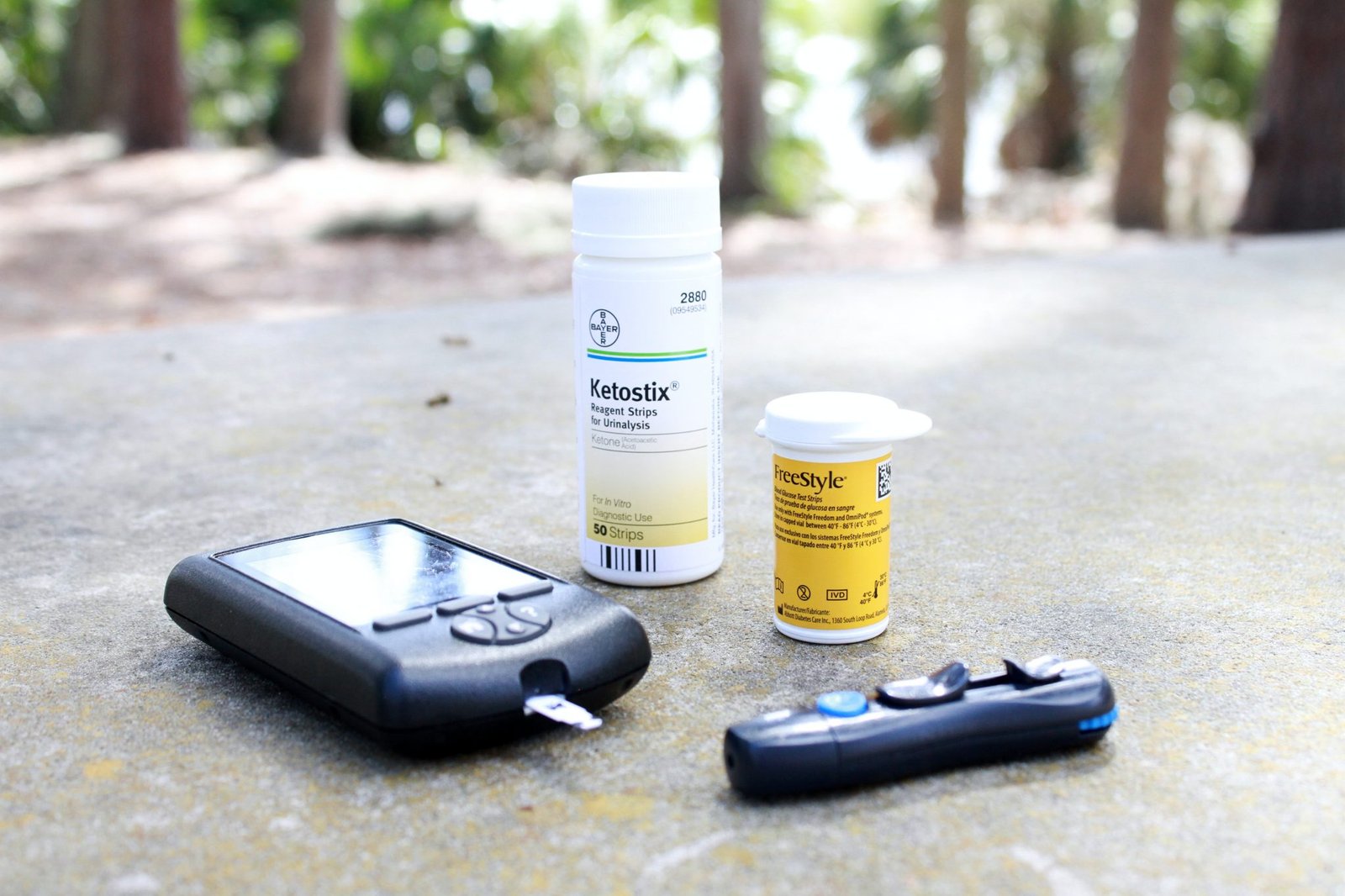It is a thing of the past when people accepted vacations ‘as is’ from their travel agencies.
Today, we want personalized journeys to meet our interests and preferences. Luckily, here come AI and data-driven travel software, so bespoke journeys are becoming a common thing, and you get not mere convenience but an avenue for unique and memorable adventures.

According to a report from McKinsey & Company, 71% of consumers expect companies to deliver tailor-made interactions, and travel is no exception. We will see below how AI and data make it possible to offer really personalized services and experiences in the travel sector.
The Growing Demand for Custom Travel
Over the last decade, consumer demand has grown steeply for personalization in travel experiences. People do not believe in standard vacation packages or pre-designed itineraries anymore. Moreover, Accenture’s report claimed that 88% of people said they would be willing to give up personal information if the travel industry could provide a much more personalized experience. This increasing demand from travelers have forced tour operators to think hard about getting insights.
AI-powered travel solutions rush to help travel agents in tackling this increasing demand for unique experiences. Artificial intelligence can parse individual travel pattern analysis, preferences, and past bookings and deliver insights on travelers’ behavior. Furthermore, AI software can recommend us unknown destinations or craft personalized itinerary plans — tech is truly changing the way we can plan our vacation.
AI-Powered Personalization in Travel
As you’ve already guessed, AI forms the backbone of this customization of travel experiences. Through the analysis of vast datasets — user behavior, booking history, and online searches — various AI algorithms have the nimbleness to predict and recommend destinations, accommodations, and activities most aligned with your unique preferences.
Other examples of AI-enhanced travel planning include Google Travel and TripIt. Google Travel uses machine learning algorithms to look back at what you have searched and booked in the past to make suggestions for future trips. TripIt, meanwhile, connects with email and calendar apps to organize the traveler’s plans and present personalized itineraries that include transportation all the way down to dining options.
Other core benefits include real-time personalization. For instance, travel apps like Airbnb enhance recommendations using AI while travelers interact with the website or application. In other words, the machine learning models of Airbnb continuously update the recommendations around homes and activities based on the search history, preferences, and previous bookings of a guest, providing an evolving personalized experience to its users.
AI chatbots and virtual assistants update users on all that is happening right here and right now, like delayed flights or suggesting the best sightseeing highlights near you based on your location and preferences.
The Role of Big Data in Travel Personalization
Big data is indeed the lifeblood of AI-driven personalization. A set of data from various sources, such as browsing history, booking trends, and social media activity, creates very bespoke recommendations while using travel software. The data helps companies understand their customers much better and thus provides more relevant and targeted travel options.
Companies like Expedia and Booking.com base their big data-enhanced travel software solutions on personalized recommendations. For instance, using consumer reviews, search patterns, and booking history, they recommend specific destinations and hotels with the best fit.
The engagement of customer Big Data helps in improving the general experience via curated tips and recommendations that have more chances to steal your mind. In fact, according to Skift Research, 77% of travelers said they expect their travel apps and websites to have more personalized options related to preferences and past behavior.
Types of Data Used for Personalization
- Browsing history: software traces destinations, activities, or services you have explored;
- Booking trends: it finds common booking patterns to suggest popular or similar destinations;
- Social media activity: it analyzes your posts and interactions made to understand preferences;
- Customer reviews: these give insights about travelers’ satisfaction and help refine recommendations in certain aspects.
Through these touchpoints, travel software solutions make sure that the recommendations they make will strike a chord with the individual user for greater satisfaction and loyalty.
The Future of AI-Enhanced Travel Experiences
As the AI technology gets better and better, so will future developments in personalized travels continue to become more innovative. Even now, we may already witness the advances of emerging technologies intertwined with AI — smart wearables, augmented reality, and voice-operated devices.
Wearable devices run on artificial intelligence that can provide live updates. Your gadget may notify you about an attraction on the way or changes in an itinerary due to changes in travel conditions. For example, it could detect flight delays and reschedule hotel reservations or offer other viable alternatives for traveling.
Voice-operated devices, like Amazon Alexa and Google Assistant, are going to further push personalization in travel. While they have already helped users book flights and hotel reservations, with enhanced AI capabilities, they could make more refined recommendations based on how you have been traveling in the past.
Equally exciting is the integration of augmented reality and AI into travel. AR can provide a better experience of travel by getting real-time updates related to landmarks, restaurants, or activities when you are exploring new locations. Just think of how cool it’s going to be — wearing AR-enabled glasses where reviews or recommendations of restaurants blink as you walk through a foreign city. That would be a function that allows more dynamic and personalized exploration, combined with AR and AI.
AI capabilities can also predict what is going to make trends in future travel. With a load of user information, AI can already guess what a traveler might want in the future. Due to this reason, companies may anticipate demand and offer very personalized options of travel even before a request has been made.
Finally
Indeed, AI and data-driven travel software is actually changing the game in the industry that offers deeply personalized experiences, curated itinerary offerings down to real-time updates, with AI-powered platforms. With continued improvement in these technologies, tourists are going to expect even more immersive and personalized journeys with the incorporation of emerging wearables, voice assistants, and augmented reality.
But just as important as the need for innovations are ethical data practices that balance personalization in conjunction with privacy and security considerations. Companies in this industry are going to be able to enhance the customer experience by embracing innovation and responsibility, fostering trust and thus most importantly making more personalized journeys accessible and fun for all.






